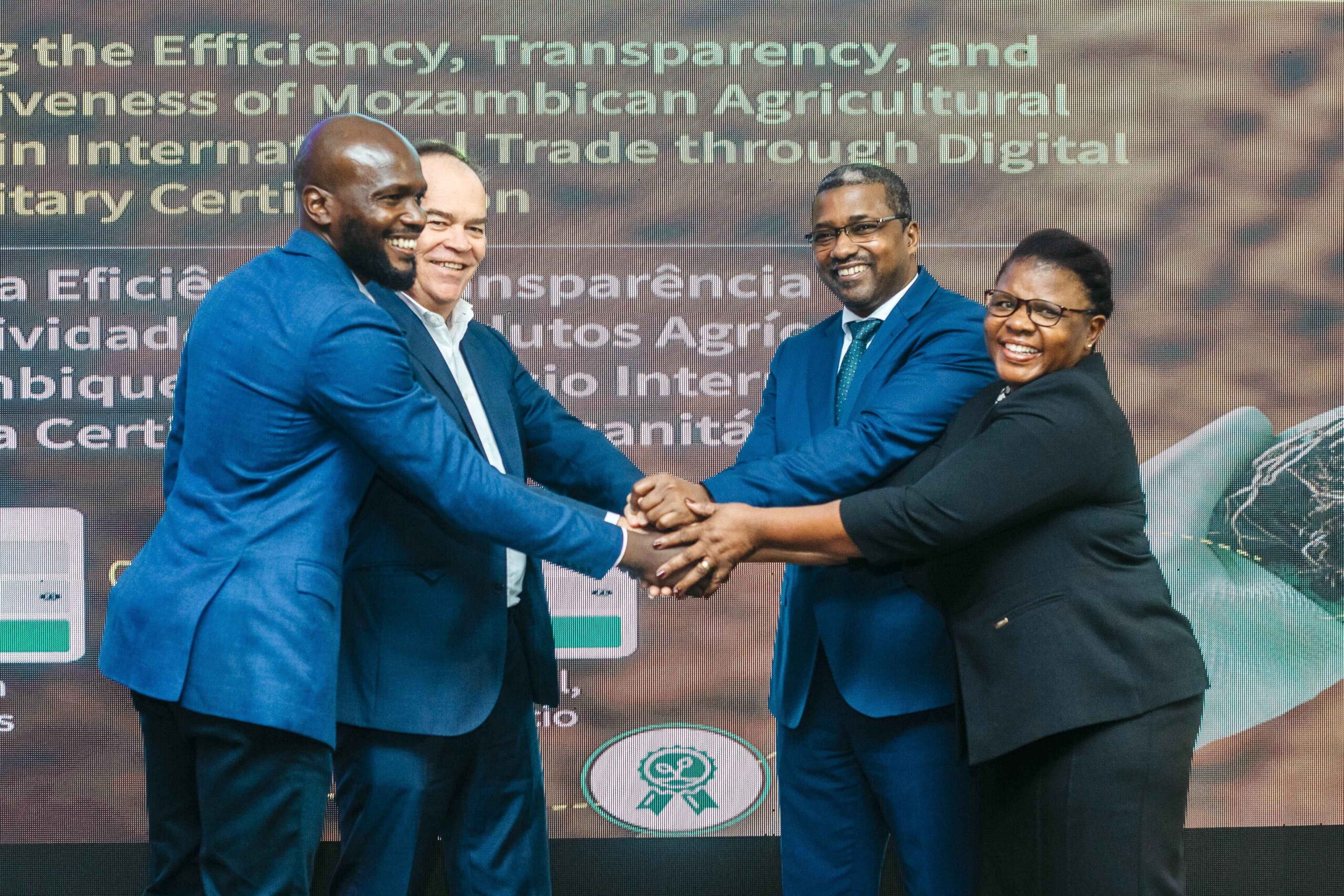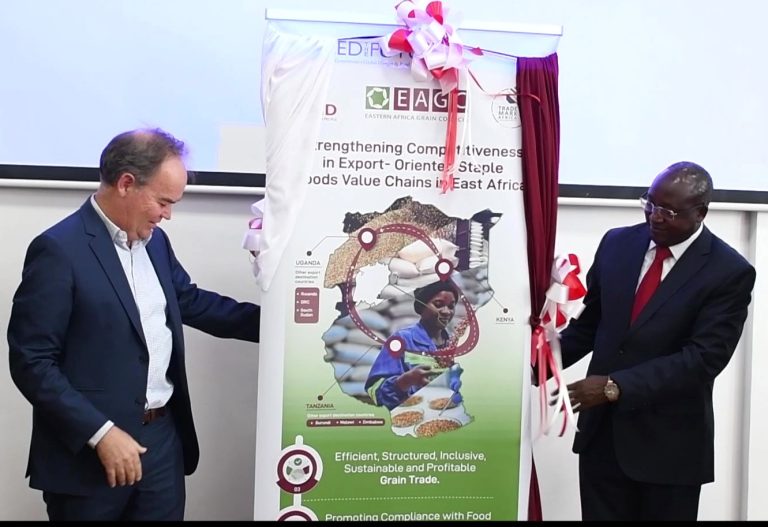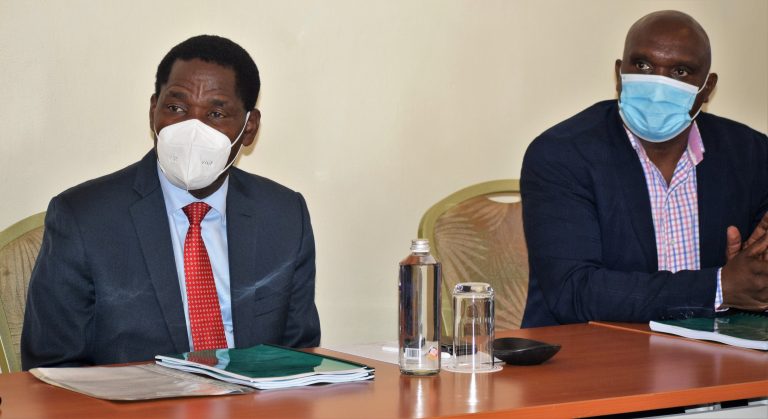By Kimuri Mwangi
The Government of Mozambique has unveiled a national electronic phytosanitary certification system—e-Phyto—aimed at streamlining agricultural trade processes, reducing export and import delays, and aligning with global trade standards.
The initiative, spearheaded by the Ministry of Agriculture, Environment and Fisheries (MAAP), marks a major shift from the country’s traditional manual certification process. Developed with technical support from TradeMark Africa (TMA) and financed by the Governments of Ireland and the Netherlands, the e-Phyto platform promises faster, more secure, and cost-effective trade operations.
Replacing the paper-based system, e-Phyto introduces a fully digitized process that encompasses application submission, online payments, document review, inspection scheduling, approval, and digital certificate issuance. Officials expect the system to cut average processing time from 12 days to just one, a move anticipated to significantly ease the burden on exporters and regulators alike.
Agriculture plays a central role in Mozambique’s economy, accounting for 24.3% of the country’s GDP in 2023, according to World Bank data. Exporters of key agricultural commodities—including bananas, mangos, lychees, cashew nuts, seeds, seedlings, and biological control agents—have long contended with a cumbersome manual process. Previously, applicants were required to deliver hardcopy forms in person to the National Directorate of Agricultural Health and Biosafety (DNSAB) or any of its 41 regional offices, often involving repeated office visits, trips to banks for payments, and lengthy approval delays.
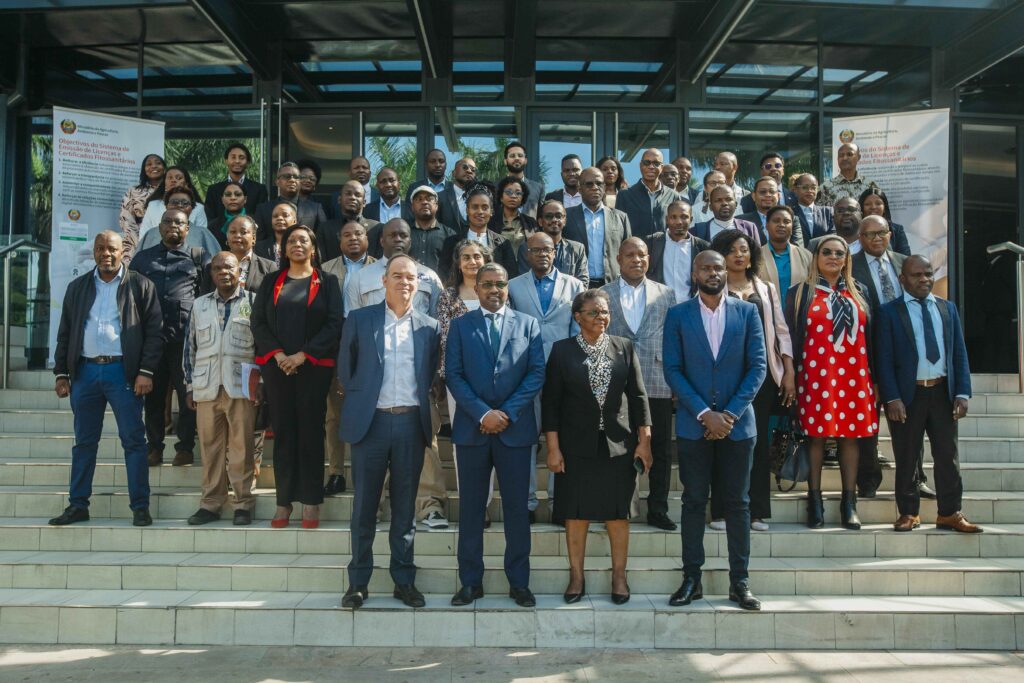
Speaking at the launch event, Hon. Roberto Mito Albino, Minister of Agriculture, Environment and Fisheries, described the e-Phyto system as a crucial step in transforming the nation’s trade and certification infrastructure.
“The manual certification process was inefficient, time-consuming, and prone to errors or fraud. This exerted a heavy cost and eroded the trust in the certification process, undermining Mozambique’s ability to compete in regional and global markets. The e-Phyto system will now enhance predictability and accessibility, especially for smallholder exporters and SMEs, even in remote areas, to benefit from timely and efficient services,” the Minister said.
Acubar Baptista, the Permanent Secretary in the same ministry, echoed the sentiment, emphasizing the operational efficiency the system brings.
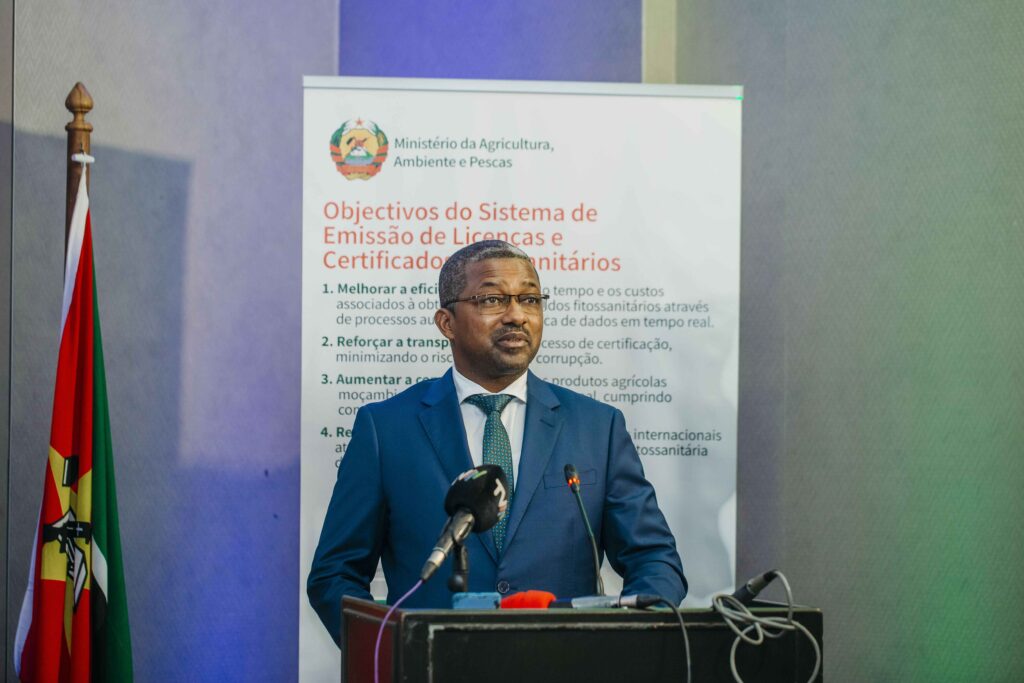
“This is a decisive and important step forward for Mozambique’s agricultural trade. With the process now being as simple as applying online, paying the necessary fees, and tracking approvals from the comfort of one’s home or office, the days when traders or their agents made countless physical visits just to obtain the certification are now behind us,” he said.
Under the old system, it typically took up to 12 days from application to certificate issuance. In addition to delays, the lack of automation increased risks of administrative errors and created vulnerabilities to fraud. The new digital system now enables certificates to be processed and issued within 2–3 days using integrated online inspections and electronic payments.
TradeMark Africa’s Senior Director for Trade Environment, Mark Priestley, underscored the broader significance of the transition.
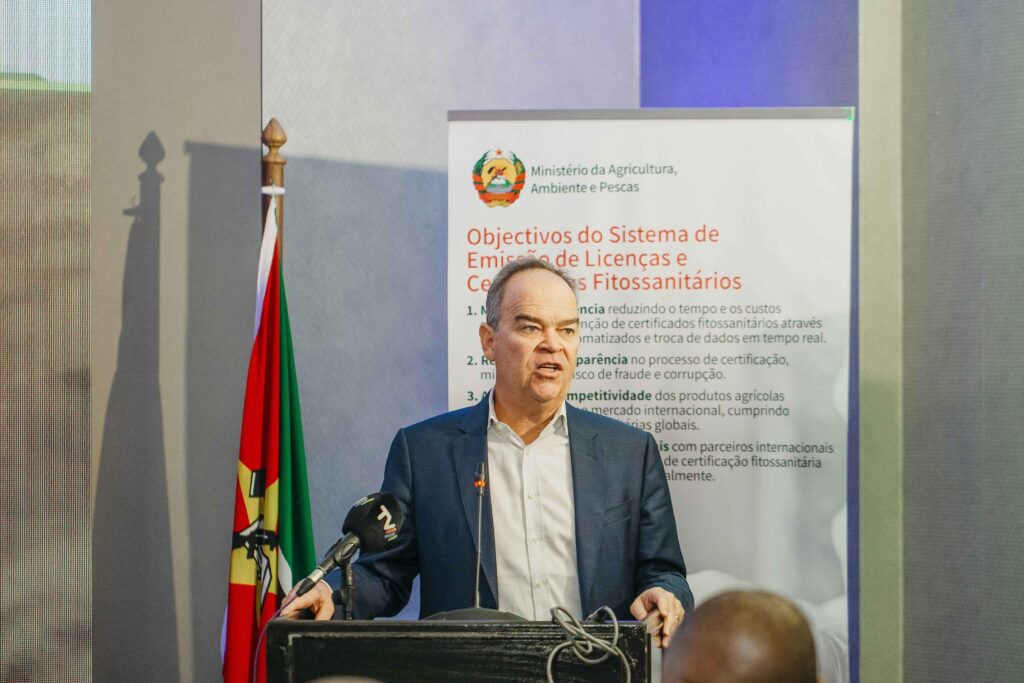
“This is a game-changer not only in its practical effect but in the shift it reflects. The old system was no longer tenable in a modern, fast-paced trading environment. The ability for applicants to submit, pay and track certificate requests online from the comfort of their offices or homes represents a meaningful shift for the sector,” Priestley said.
Once fully deployed, the e-Phyto system will be accessible to traders nationwide. It will also link to the Mozambique Electronic Single Window to enable data sharing across government agencies and integrate with the International Plant Protection Convention (IPPC) e-Phyto Hub. This will allow Mozambique to securely exchange phytosanitary certificates with international partners.
“This will allow Mozambique to exchange certificates securely with trading partners around the world, reducing the risk of fraud and improving the reliability of plant health documentation,” added Mr. Priestley.
With the new system in place, Mozambique is positioning itself for more efficient, transparent, and competitive participation in regional and global agricultural trade.


